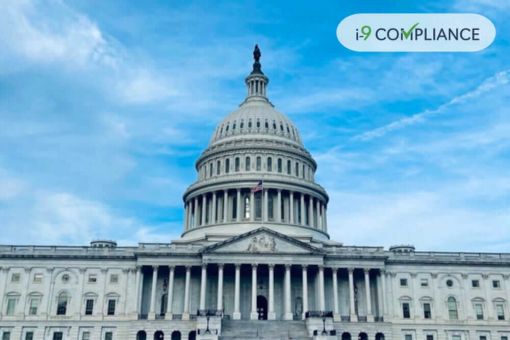Major Immigration Legislation Awaits When Senate Returns From Recess

There are many immigration measures that the Senate will consider when they return from their August recess. Many of these measures would help employers, such as the following:
Farm Workforce Modernization Act
The House of Representatives passed the Farm Workforce Modernization Act last year. If the Senate also passes the bill and moves it forward as a law, more farmers will be eligible to apply for temporary workers. Under the existing H-2A program, only seasonal employers are eligible. This bill will allow year-round workers to use the H-2A program as well. The bill would also allow certain farmworkers to apply for permanent residence once they meet various requirements.
National Defense Authorization Act
The National Defense Authorization Act (NDAA) is a bill that funds the U.S. Armed Forces. The House passed the bill on July 14. It contains provisions that would help Afghan refugees and documented Dreamers.
The NDAA contains an amendment that would direct the State Department to increase its ability to process applications for the Afghan Special Immigrant Visa (SIV) program. This program will help Afghans who worked as translators for the U.S. military, but it has enormous backlogs.
The NDAA also contains an amendment that would help Afghan students to obtain student visas more easily. For example, student visa applicants must prove that they do not intend to remain in the United States permanently. However, this amendment would remove this requirement for Afghan students.
Another amendment to the NDAA would help document Dreamers. These individuals are dependent children of people in the United States who are either on employment visas or applied for lawful permanent residence. When these dependent children turn 21, they are no longer dependents and must leave the States unless they acquire a different status. This amendment would allow these children to remain in legal status and not face deportation. The Senate will consider its own version of the National Defense Authorization Act.
Afghan Adjustment Act
The Afghan Adjustment Act would help Afghans permitted into the United States through humanitarian parole. Typically, this status is temporary and would expire in one to two years. However, this bill would permanently solve this problem when the temporary position usually ends.
Final Thoughts
These bills, if passed, would mean significant changes for both employers and employees. In many cases, these changes would mean increased available labor and potentially more extensive eligibility for various categories of employers. However, it is currently uncertain which-if any-bills will pass. For now, the final decision waits until Congress returns from its recess.
When it comes to your work, automation makes eligibility verification quick and seamless. Get a head start today with I-9 Compliance.